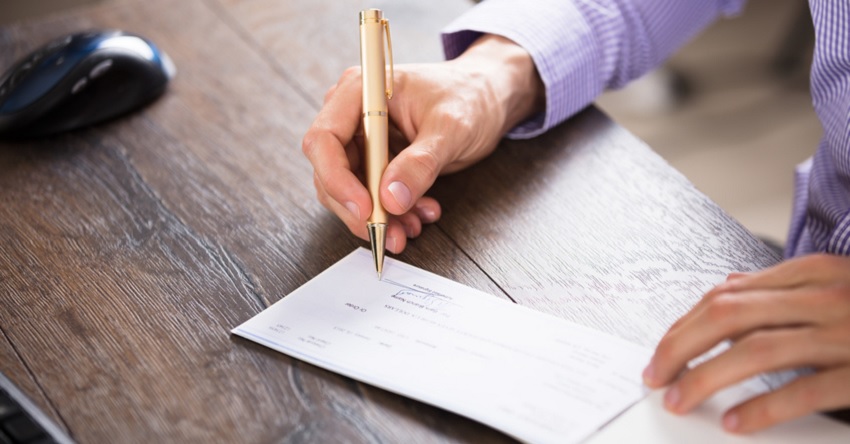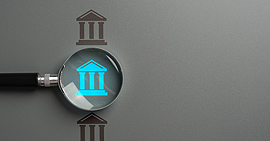The cheque: a senior that stays in shape
It’s seen better days, but it’s still common in certain transactions, particularly those in which large amounts are involved, for instance when buying or selling a house or apartment. At some point, you may have had one in your hands or you may have issued one. With a cheque, we instruct our bank to pay a certain amount of money to another person.
If you want to pay with a cheque, make sure to include the word “cheque,” the amount you want to pay, the name of the bank where you have your money, and your signature. And of course, make sure you have enough money in your account to make the payment. If you want a specific person to cash it, you must write the name on the cheque. If you don't do this, whoever has possession of it will be able to use it.
If you have a cheque and want to cash it, you have 15 days to submit it to the bank if it was issued in Spain, 20 if it was issued in Europe, and 60 for the rest of world. You can also decide whether you prefer to cash it or deposit it in your account.
Should you miss these deadlines, you may submit it to the bank and it may still be paid, unless it has been revoked.
If you issued a cheque and want to cancel it, you must inform your bank, but such cancelation will not be effective until the deadline to submit the cheque ends.
If you lose a cheque, you must report it to a relevant judge, who will then inform the bank in order to stop the payment.
To access all information about cheques, click hereAbre en ventana nueva.



